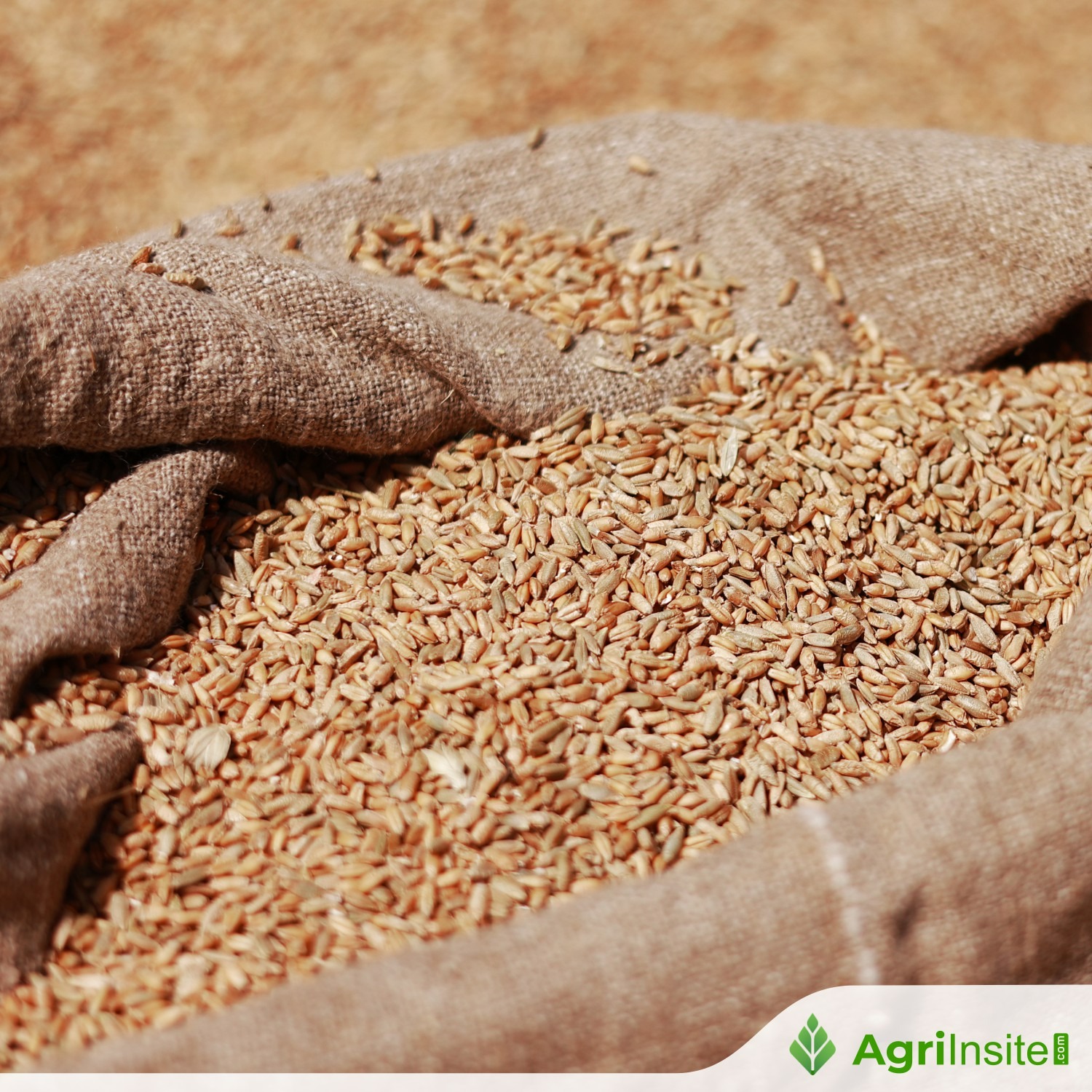Russia seeks more control over global food prices with BRICS grain exchange

Russia is proposing the creation of a BRICS grain exchange to gain greater control over agricultural export prices, particularly wheat. This comes as Moscow seeks to counter low global wheat prices and reduce reliance on Western intermediaries. The exchange would include pricing mechanisms and analytics, potentially expanding to commodities like oil and gas
MOSCOW — Russia is proposing BRICS countries set up a grain exchange that would give Moscow greater control over international prices for its agricultural exports, ahead of a group summit that will be attended by leaders of top global grain producers and buyers.
Frustrated by low global wheat prices, Russia, the world’s largest wheat exporter, has attempted to limit exports at low prices through international intermediaries.
On Oct. 11, Moscow recommended that its leading exporters avoid selling wheat below $250 at international tenders.
“In order to ensure efficient, uninterrupted, and transparent cross-border trading of commodities, the Russian BRICS Chairmanship proposes to establish a grain trading platform within the framework of the BRICS Grain Exchange,” said a document drafted by Russia’s central bank and finance ministry ahead of the summit.
President Vladimir Putin wants to build up BRICS — which now includes Egypt, Ethiopia, Iran, and the United Arab Emirates as well as Brazil, Russia, India, China, and South Africa — as a counterweight to the West in global politics and trade.
Russia’s proposal also recommends the creation of a BRICS pricing agency, tasked with providing pricing methodologies and market analytics to offer an alternative to the current international pricing through established Western exchanges.
The proposal envisages the extension of BRICS grain trading mechanisms to oil, natural gas, and gold in the future. “This measure will ensure independent pricing and strengthen the sovereignty of the BRICS economies,” the document said.
Oil-rich developing nations, including BRICS members Russia and Iran, have achieved substantial control over global oil prices through the OPEC+ (Organization of the Petroleum Exporting Countries and allies) agreement.
However, some experts are skeptical about BRICS’ ability to influence other commodity prices. “Since there are other exchanges that are established and liquid, it may be difficult to have an OPEC+ style price control through the operation of such an exchange,” said Yaroslav Lissovolik of BRICS+ Analytics consultancy.
BRICS original members China and India are the world’s largest wheat producers, while new member Egypt is the world’s biggest buyer. Other BRICS countries, such as Brazil and Iran, are also major grain importers.
Top importers of Russian wheat include BRICS members Egypt and Iran, Saudi Arabia — invited to join and represented by the foreign minister at the summit — as well as Algeria, which considered membership but then dropped the bid.
Russia is actively exploring other markets, such as Latin America, including BRICS member Brazil, as part of its strategy to boost agricultural exports by 50% by 2030 and become a global agriculture superpower.

















